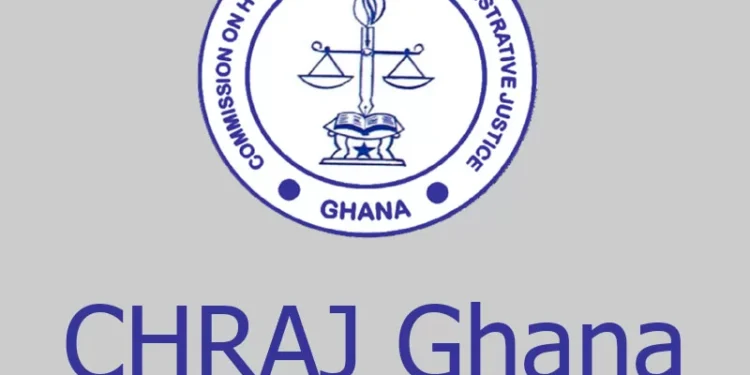Ghana’s repealed Criminal Libel Law has been exposed as a tool used to silence the press and shield the president, according to John Ato Breboh, Deputy Chief Investigator at CHRAJ’s Tema Sub-Regional Office. Prior to its repeal in 2001, the law was frequently used to unjustly imprison journalists and stifle free speech.
In an interview with Nana Asabea on Plan B FM’s programme “Nyansapɔ Fie”, Uncle Ato revealed the law’s dark past and its impact on press freedom in Ghana. He emphasised the importance of responsible journalism, calling for journalists to avoid fabricated stories and ensure that their reporting is credible, verified, and free from parochial interests.
The repeal of the law marked a significant milestone in promoting press freedom, with Plan B FM serving as a prime example. However, concerns remain about the use of other laws to silence journalists. Section 208 of the Criminal Offences Act, Act 29, and the Electronic Communications Act (Act 775) have been used to arrest and prosecute journalists for false news reporting.
Uncle Ato also highlighted the dangers of Executive Power when wielded unjustly and the need for judicial power to be exercised impartially. He stressed that for every right, there is a corresponding responsibility, and journalists must ensure that their reporting is accurate and trustworthy.
In conclusion, the repeal of Ghana’s Criminal Libel Law marked a significant milestone in promoting press freedom and protecting journalists from unjust persecution. However, the continued use of other laws to silence journalists underscores the need for ongoing vigilance and advocacy to safeguard media freedom and the fundamental human right to free expression.










Discussion about this post